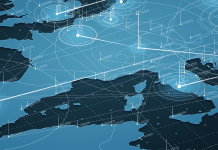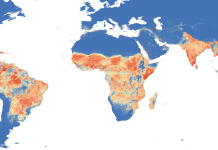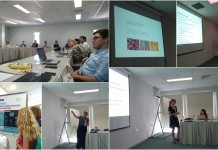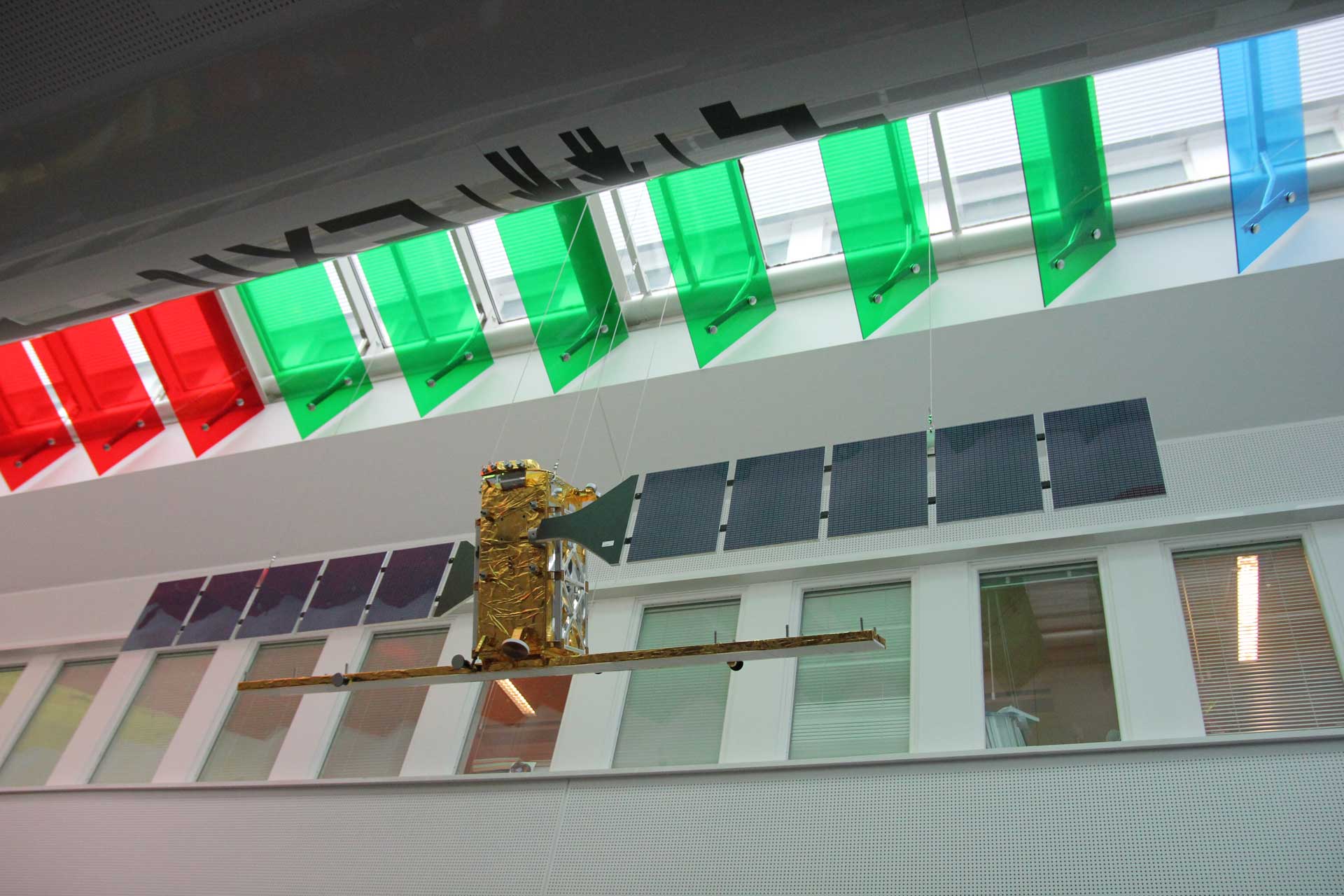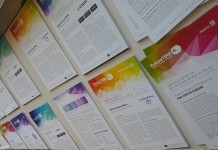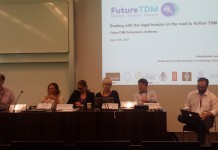Where? European Space Agency Research and Technology Centre, Noordwijk
What are we talking about? The Mars Express Power Challenge and the role of competitions in developing data analytics
Who’s talking? Helen from FutureTDM met with Advanced Concepts Team members Dario Izzo and Jorg Muller. Dario is the ACT Scientific Coordinator. He came up with the idea to hold the competition. Jorg is working on the day to day running of the competition and the website Kelvins.esa.int on which it is hosted (Kelvins because absolute zero is the error rate that ESA aims to get to using technologies such as TDM).
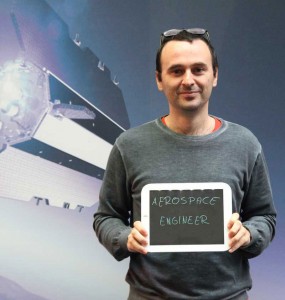
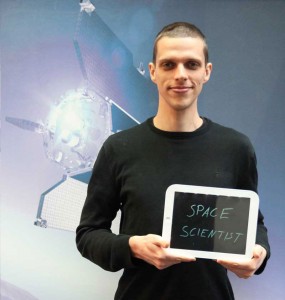
What’s this - a data analytics competition? Yes! This competition is a pilot, the first of its kind at the European Space Agency. Its aim is to predict Mars Express thermal power in the next Martian year. That’s incredibly important to ESA because power efficiency improves the chances of getting more and better mission information. In this case, the Mars Express is looking to find what happened to the water that was once on the Red Planet.
Hold on, you are telling me that there’s an open competition to mine data fed back from Mars? Exactly. Selected data (telemetry) from Mars has been made available for anyone - yes anyone - to mine and help come up with a means to prolong the life of the Mars Express mission.
A competition to stimulate interest in data analytics - I like it! It has proven to be highly effective in the US. At Kaggle.com content miners are presented with problems posed by companies (and others) who make their data available to download and often offer substantial cash prizes. The victors also get to move up on the data analytics ranking system. This seems to result in greater innovation, development of talent and incentive for content mining. Topics range widely - from basketball analysis to US presidential election predictions.
But is it really open to all, I mean, it sounds quite high level? The Advanced Concepts Team at ESA hope that their data analytics initiative will encourage and inspire. Many of the participants in the Mars Challenge so far are young researchers. On the competition forum page, one participant writes, “I am a newbie to data science but I would like to participate to the challenge (because it would be awesome to work with Mars Express data and to learn the basics of data science). I have absolutely no experience in 'data mining' or 'machine learning', although I've a good knowledge of programming”.
So actually competitions can foster an interest in space and computer analytics and develop skills? That’s the idea. It seems to have been effective in the US and with similar initiatives in the EU, we can show there is an alternative for young data scientists currently looking to the silicon valley for their professional development. An example of how the culture in Europe is changing to offer innovators more opportunity.
What’s in it for the space industry? The team hopes that with competitions like this, the potential of data analytics in this field can be demonstrated and that in Europe, we begin to develop this emerging technology as an integral part of scientific exploration. The Mars Express Challenge was selected because of the availability and the mineability of the data but within the space industry, TDM possibilities are endless - from helping classify millions of star clusters in galaxies light years away to finding meteor impact craters and valuable remnants here on earth.
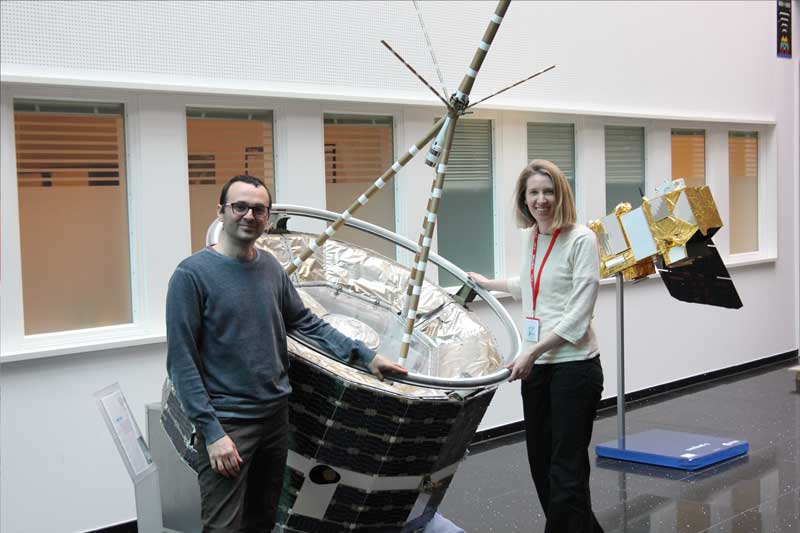
So why aren’t we doing more? What conditions need to improve if we are to maximise TDM uptake in the EU? One of the key points is that data needs to be made available in a standard and accessible format, early on in the process. Different missions have different teams and data returns (and no one format to receive telemetry). Optimising TDM requires skilled data analysts involved at the planning phase, a carefully devised question and a uniform data management system. This is a process that can’t be expected to happen overnight but hopefully one that can be built up in coming years.
What benefits could the competition bring? It will hopefully demonstrate the usefulness of the process to the space industry as a whole and also help to establish a community. This competition could find a way to increase efficiency of the Mars Express spacecraft, leaving power available for more science for less cost. On a small scale if space crafts can send back three photos rather than one, it gives us more of a chance to find answers to the bigger questions posed by our missions.
And what would have happened to the data had the competition not been run? It would have been used yes but exposed to a far smaller audience. This way we really see how much information is hidden in the data, most likely more than humans could extract manually.
I’m sold - how can I sign up? Go to the competition website https://kelvins.esa.int/mars-express-power-challenge and download a training pack. The competition runs until August. You can follow it on twitter via #MarsExpressPower
We asked Dario Izzo, the Scientific Co-ordinator of ESA's Advanced Concepts Team:
Why is TDM the Future?



